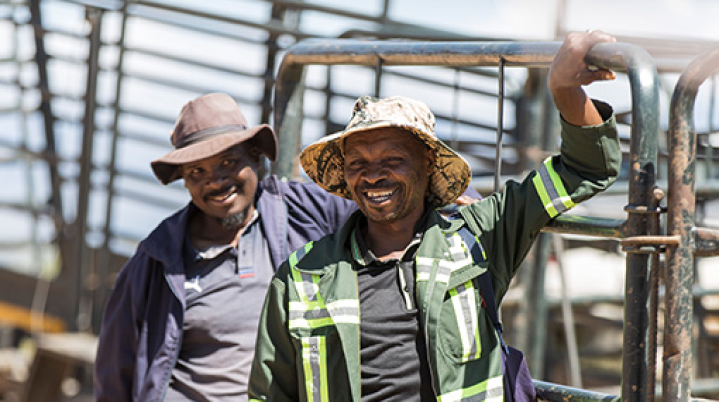Supporting our customers with transitional energy solutions
We have a strong trading presence across all main compliance markets and an extensive portfolio of carbon projects, from clean-burning renewable household fuels in Kenya to sustainable farming and rangeland rejuvenation in Southern Africa.
With almost 20 years of experience, we make sizeable investments in low-carbon projects and provide reliable routes to market for high-quality carbon credits. Leveraging Vitol’s global reach and extensive energy knowledge we are able to offer a range of carbon offset and removal solutions.
We are developing high-quality carbon reduction and removal projects across the globe, and are currently financing and supporting initiatives that will offset or remove more than 90mMTCO₂e by 2030.
We only pursue projects that have a high social impact and tangible co-benefits for people and the environment.
This means that as well as the climate benefits of avoided emissions, our projects seek to improve the quality of life in the local communities we operate in.
Investing directly in a project is the best way to assure a project’s quality and optimise a project’s design. All of our projects are certified by leading voluntary offset standards ensuring our carbon credits are high-quality.
Our product range includes;
- CORSIA
- EUAs
- UKAs
- Voluntary offsets



